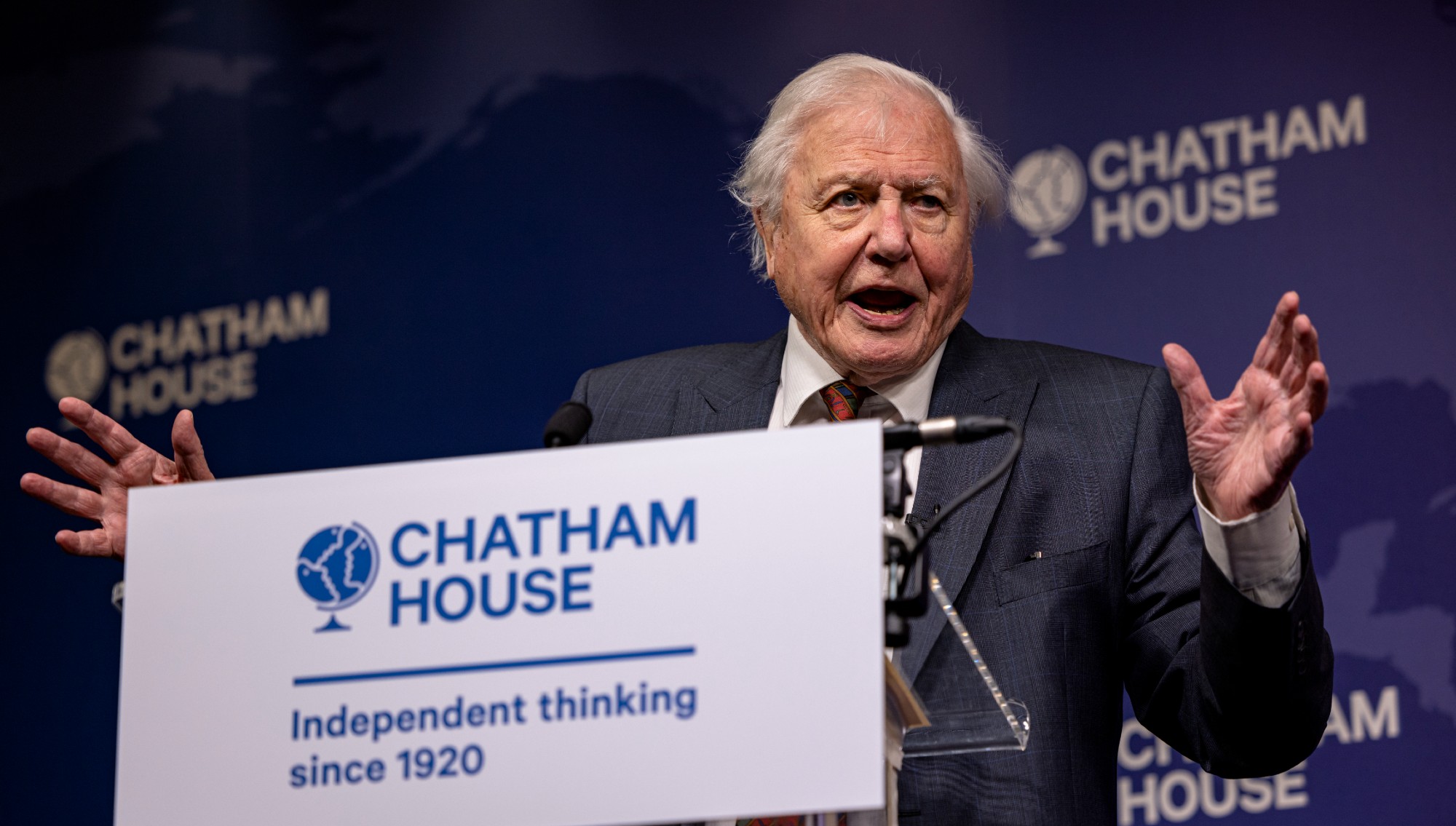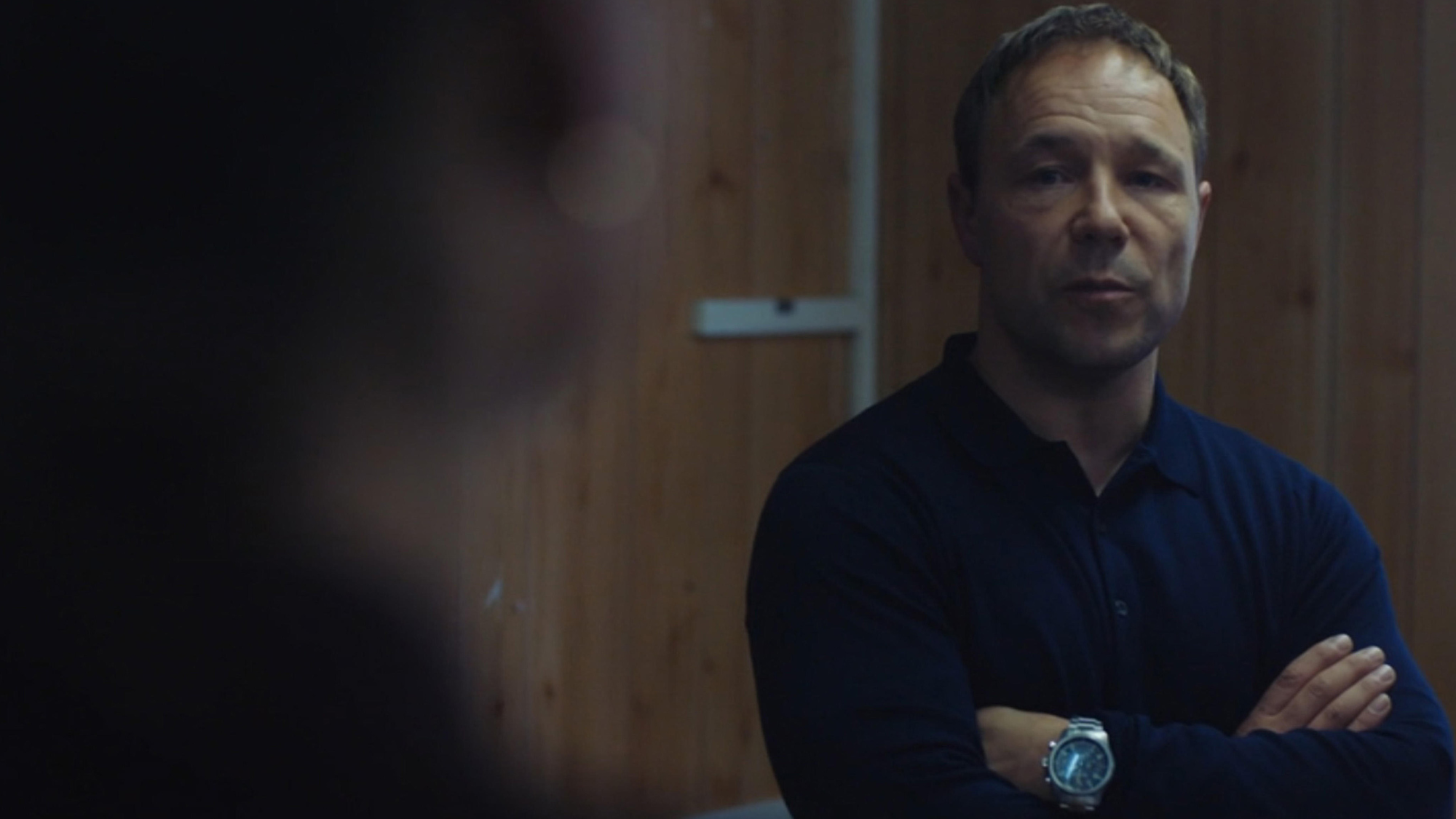Will BBC's culture review be a turning point?
A 'small pocket' of BBC stars make life difficult for colleagues and risk the broadcaster's reputation

A free daily email with the biggest news stories of the day – and the best features from TheWeek.com
You are now subscribed
Your newsletter sign-up was successful
Despite a series of high-profile scandals over star behaviour and subsequent efforts to clean up its culture, some BBC talent and bosses continue to "behave unacceptably" at work, an internal investigation by the broadcaster has found.
The workplace culture review, ordered by the corporation's board in the wake of the Huw Edwards scandal, concluded that although there is not a widespread "toxic" culture, a "minority of people" continue to exhibit bad behaviour without consequences.
What did the commentators say?
The BBC report, an independent review carried out for the broadcaster by consultancy Change Associates, is a "nuanced deep dive" into the organisation's "bullying, harassment and whistle-blowing procedures", said Max Goldbart on Deadline. Some of its conclusions will "please top brass", but others "will not".
The Week
Escape your echo chamber. Get the facts behind the news, plus analysis from multiple perspectives.

Sign up for The Week's Free Newsletters
From our morning news briefing to a weekly Good News Newsletter, get the best of The Week delivered directly to your inbox.
From our morning news briefing to a weekly Good News Newsletter, get the best of The Week delivered directly to your inbox.
The "headline-grabbing" finding was that the BBC is "not riddled with a toxic culture" but has "a few bad apples who are ruining it for everyone". But the real concern that emerges is not the amount of toxic behaviour, but whether it is dealt with robustly by management. In "one of the most intriguing sections", the report alludes to "difficult" stars being "manmarked" by managers, who "act as a buffer" rather than directly "addressing poor behaviour".
Reviews like this "tend to be met with a degree of cynicism" and this one is "no different". Much of the report stressed the improvement in the BBC's workplace culture since the days when "throwing furniture" and drinking in the office were tolerated, but "living in the past" won't "address the concerns of the cynics".
Although the investigators did not specifically name anyone accused of poor behaviour, they referred to reports of "untouchable" staff members, "echoing their own findings" in the 2013 report commissioned in the wake of the Jimmy Savile scandal, said Andy Gregory in The Independent. The stepfather of the teenager who was sent money by Edwards for sexual images has dismissed the review as a "load of rubbish" that is merely "papering over the cracks", said the Daily Express. People at the BBC "knew what was going on" with Edwards but "ignored it", he said.
There's "an air of 'Groundhog Day'" to this latest review, said Jane Martinson for The Guardian. Called "Respect At Work", the report has "exactly the same name" as one produced for the BBC by the same consultancy in 2013, so "it seems fair to ask: what exactly has changed"?
A free daily email with the biggest news stories of the day – and the best features from TheWeek.com
The BBC has "lost the trust of many of those who work there", for whom "scandal-hit stars are the tip of an iceberg", below which "lurk huge discrepancies in pay and conditions, and increasing job insecurity".
Undoubtedly, the organisation is "largely full of good people trying to do the best they can", but it's not clear that these "lengthy repetitive reviews" are making an "actual difference in attitudes and behaviour".
What next?
The BBC's director-general Tim Davie, who welcomed the "clear, practical recommendations", said the broadcaster is "committed" to implementing them "at pace". The measures include a more robust disciplinary policy, a strengthened code of conduct and improved mechanisms for staff to complain without fear of reprisals.
A "Call It Out" campaign will encourage staff to express concerns or complaints, with a hotline to facilitate reporting. Meanwhile, updated contracts for new employees will "set out clear expectations around behaviour".
Davie has vowed to "draw a line in the sand" for this "much-scrutinised" organisation, said The Spectator's Steerpike. "It's about time".
Chas Newkey-Burden has been part of The Week Digital team for more than a decade and a journalist for 25 years, starting out on the irreverent football weekly 90 Minutes, before moving to lifestyle magazines Loaded and Attitude. He was a columnist for The Big Issue and landed a world exclusive with David Beckham that became the weekly magazine’s bestselling issue. He now writes regularly for The Guardian, The Telegraph, The Independent, Metro, FourFourTwo and the i new site. He is also the author of a number of non-fiction books.
-
 6 of the world’s most accessible destinations
6 of the world’s most accessible destinationsThe Week Recommends Experience all of Berlin, Singapore and Sydney
-
 How the FCC’s ‘equal time’ rule works
How the FCC’s ‘equal time’ rule worksIn the Spotlight The law is at the heart of the Colbert-CBS conflict
-
 What is the endgame in the DHS shutdown?
What is the endgame in the DHS shutdown?Today’s Big Question Democrats want to rein in ICE’s immigration crackdown
-
 Turner: The Secret Sketchbooks – a fascinating portrait of the great painter
Turner: The Secret Sketchbooks – a fascinating portrait of the great painterThe Week Recommends BBC2 documentary examines the rarely seen sketchbooks of the enigmatic artist
-
 Dianarama examines the ‘extraordinary scale’ of Martin Bashir’s lies
Dianarama examines the ‘extraordinary scale’ of Martin Bashir’s liesThe Week Recommends Andy Webb’s book is packed with ‘astonishing’ allegations surrounding Princess Diana’s 1995 Panorama interview
-
 Eurovision faces its Waterloo over Israel boycotts
Eurovision faces its Waterloo over Israel boycottsTalking Point Five major broadcasters have threatened to pull out of next year’s contest over Israel’s participation
-
 Unforgivable: harrowing drama about abuse and rehabilitation
Unforgivable: harrowing drama about abuse and rehabilitationThe Week Recommends 'Catastrophic impact' of abuse is explored in 'thought-provoking' series
-
 How to go on your own Race Across the World
How to go on your own Race Across the WorldThe Week Recommends The BBC hit show is inspiring fans to choose low-budget adventures
-
 The top period dramas to stream now
The top period dramas to stream nowThe Week Recommends Heaving bosoms and billowing shirts are standard fare in these historical TV classics
-
 David Attenborough at 99: a 'radical' voice for climate action
David Attenborough at 99: a 'radical' voice for climate actionIn The Spotlight In his new film 'Ocean', TV's best-known naturalist delivers his strongest message yet
-
 Stephen Graham's best TV and film roles
Stephen Graham's best TV and film rolesThe Week Recommends From Line of Duty to Adolescence, these are the prolific actor's must-watch projects